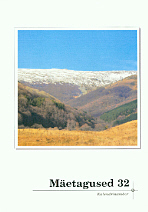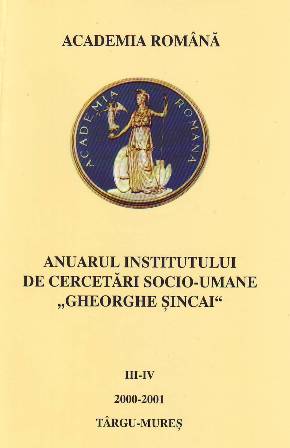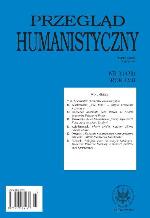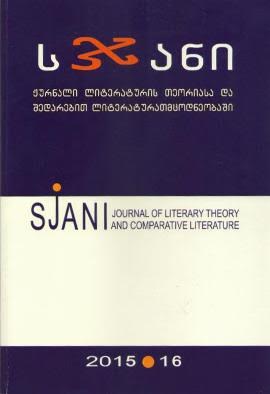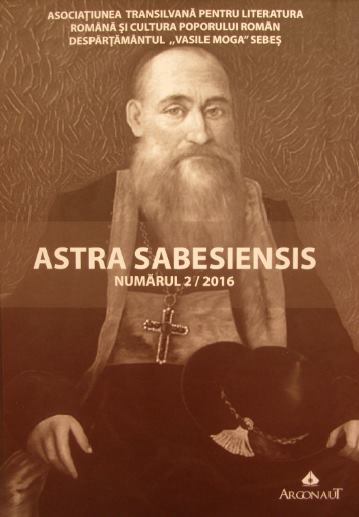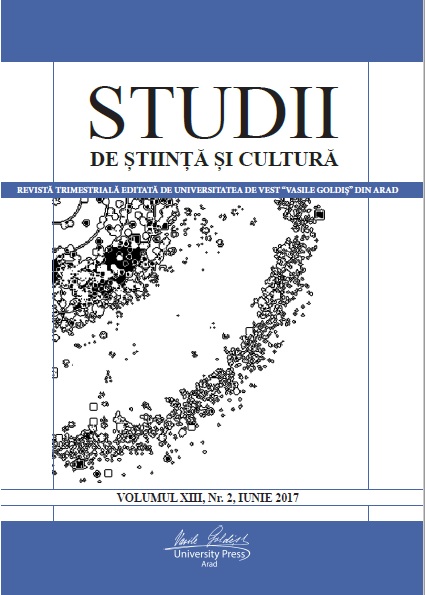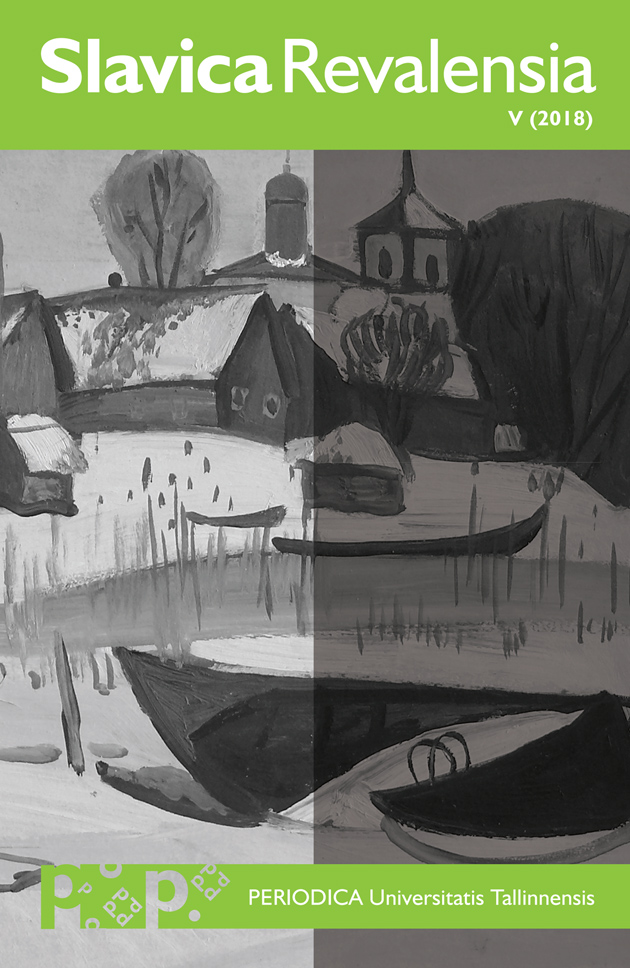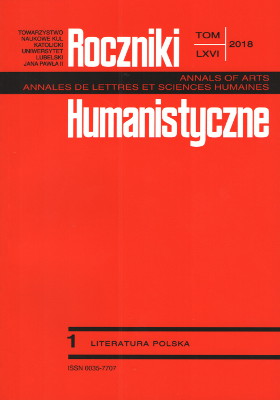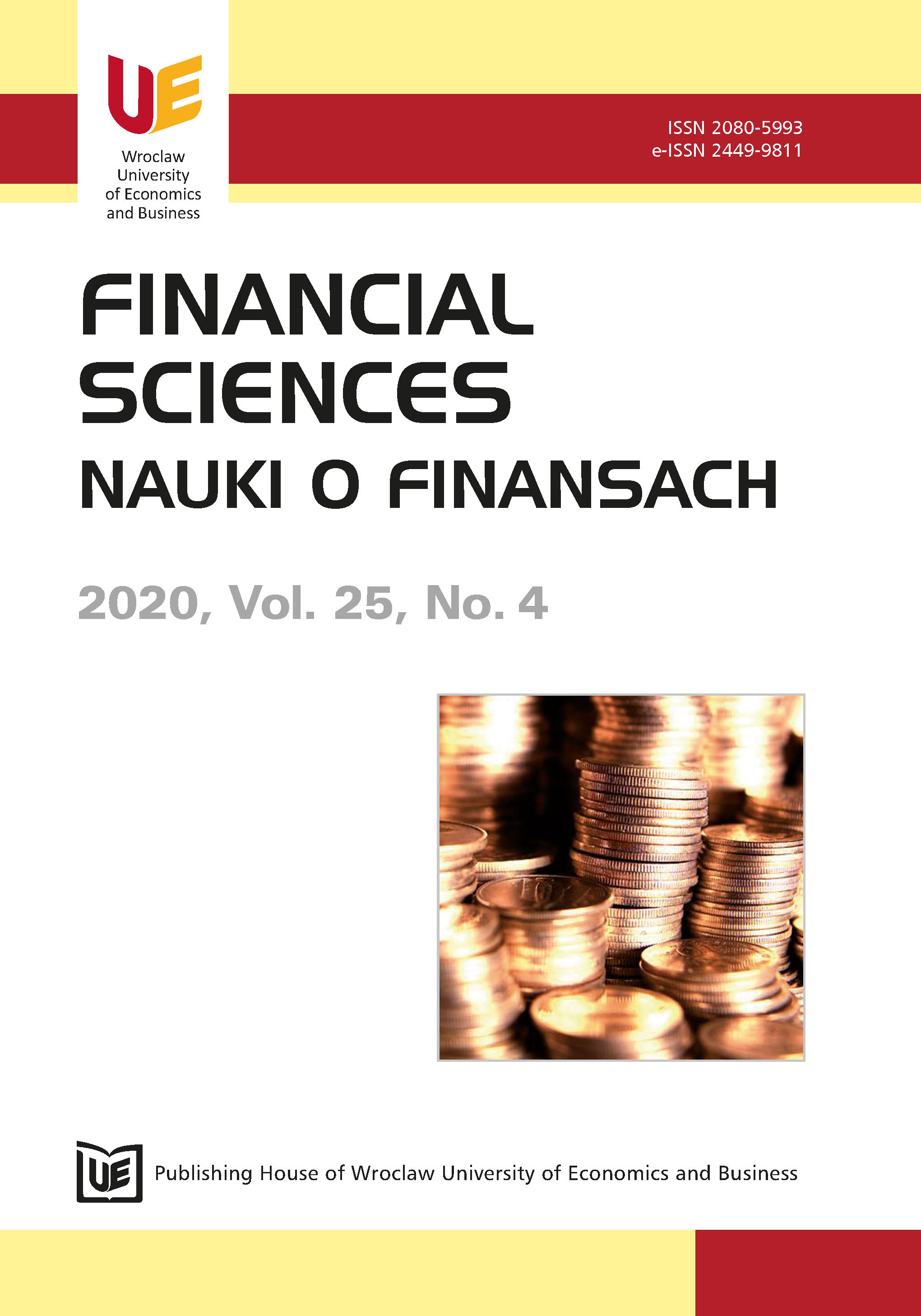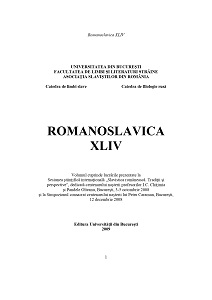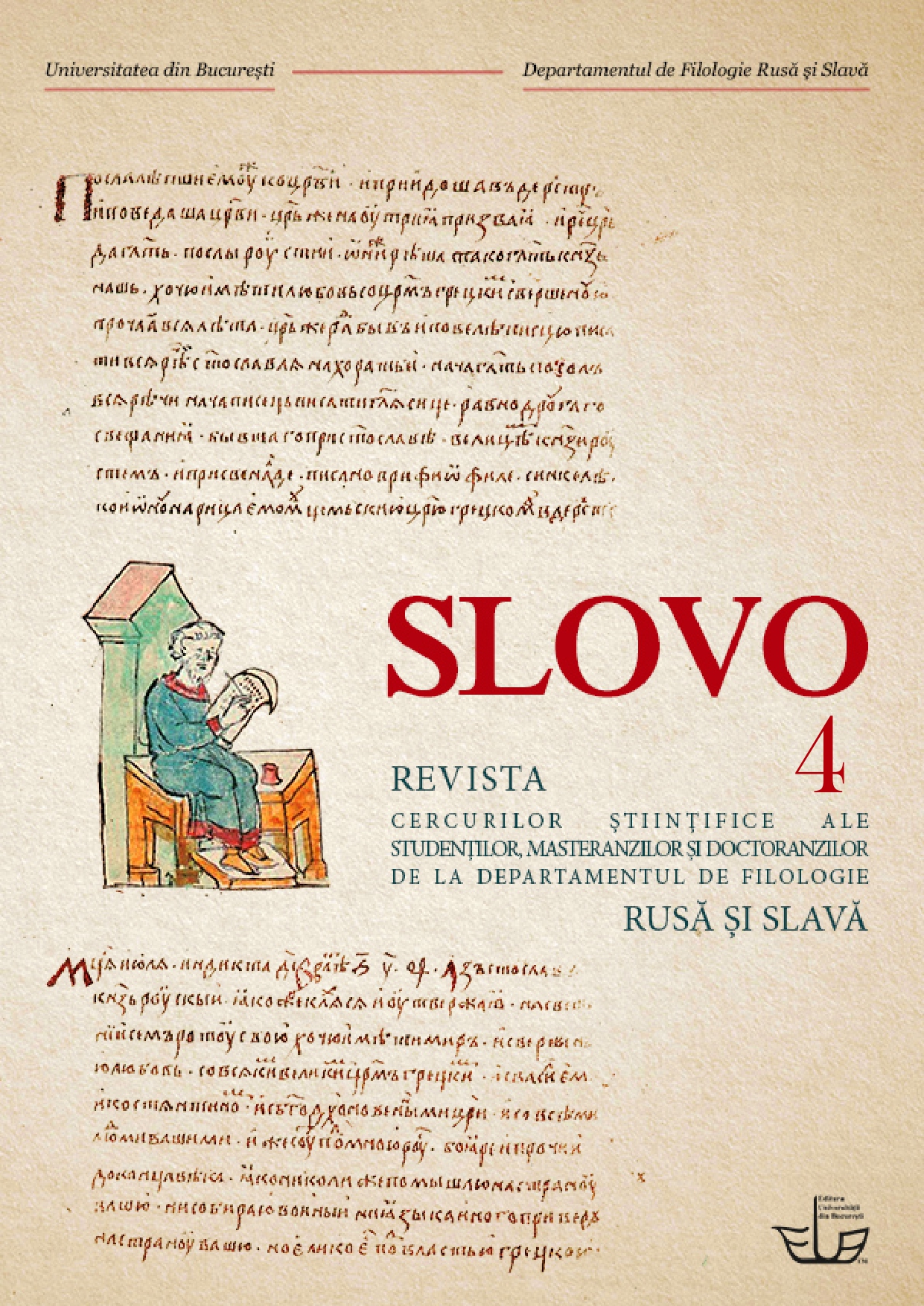რეალიზმის ლიტერატურული სკოლა და
მისი ქართული მოდელი
Author(s): Irma Ratiani / Language(s): Georgian
/ Issue: 16/2015
Keywords: Literary school; realism; Georgian realism.
From 19th century the new era in the history of Georgian Literature has been started:Georgia falls under the oppression of Russian imperialism (which is later turned into the Soviet regime) and simultaneously reflects contradictory cultural-literary processes of “New Colonialism”; as for literary context – the alternation of various tendencies and methods – romanticism, realism, modernism? It is an almost hundred years, marked by the constant cultural clash against the Russian imperialistic ideology. The formation and evolution of European literary schools in 19th century Georgia was a very specific process,developing between and betwixt the political and national hopes and disappointments,constantly searching for independence and new national identity. For instance, in the poetry of remarkable Georgian Romantic poet, Nikoloz Baratashvili, except the main concepts of matured Romanticism, one can view the activation of one of Romanticism’s key ideas and most enduring legacies - the assertion of nationalism, which was very important issue for Georgia, overlapped by Russian rule, and soon became one of a central theme of Baratashvili’s Romantic art and philosophy. Baratashvili’s spirit was especially valid from the 1860th, in the art and fiction of Georgian realist writers (Critical Realism) despite the fact that their art was very much influenced by the best streams of European and Russian critical realism.Critical Realism in Europe and in Georgia as well as all over the world was functioning within the frame of politically tensed, socially differentiated and culturally disintegrated epoch. The influence of scientific and technical progress was increasing; therefore,some of important values were moved towards the dangerous zone of disappearance. Realist writers were trying to understand all those complicated movements taking place in areal life.Georgian critical realist writers were very well acquainted with general trends of the World realistic literature and main works of its famous personalities, like Gogol, Zola,Balzac, Dickens, Nekrasov, Tolstoy, Turgenev, Dostoevsky and etc. Georgian writers –Ilia Cahvcahavadze, Akaki Tsereteli, Aleqsadre Qazbegi, Vaja-Pshavela and others were adopting basic themes of the World Realism, like: complicated relationships between the person and society, details of social life, psychological dilemmas and etc. But the main theme and crucial trend of Georgian Realism was the development of the idea of national identity and political independence, overcoming the political rule of Russian empire. The idea of independence was very closely related with the problem of “Caucasian” and “Caucasua”,as well as with social and religions issues.Generally, the history of Georgian realism starts in early 50-s of 19th century and continuous until the end of the same century. It overcame different phases of development:Early stage of Georgian Realism (Lavrenti Ardaziani, Daniel Chonqadze), when realistic writing is mostly concentrated upon the newly started capitalistic relations; Georgian CriticalRealism (Ilia Cahvcahavadze, Akaki Tsereteli, Aleqsadre Qazbegi), when GeorgianRealism enters the most crucial phase of its development; Georgian Leftist Realism (EgnateNinoshvili, Sophrom Mgaloblishvili, Niko Lomouri), stimuilated by the leftist political and social ideas, and Georgian Late Realism (Vaja-Pshavela), overlapped by the deep humanistic issues. All those phases were characterized by specific conceptual, structural,generic and stylistic peculiarities. They’ve prepared a very valuable piece of Georgian literary history named Georgian Modernism.
More...
